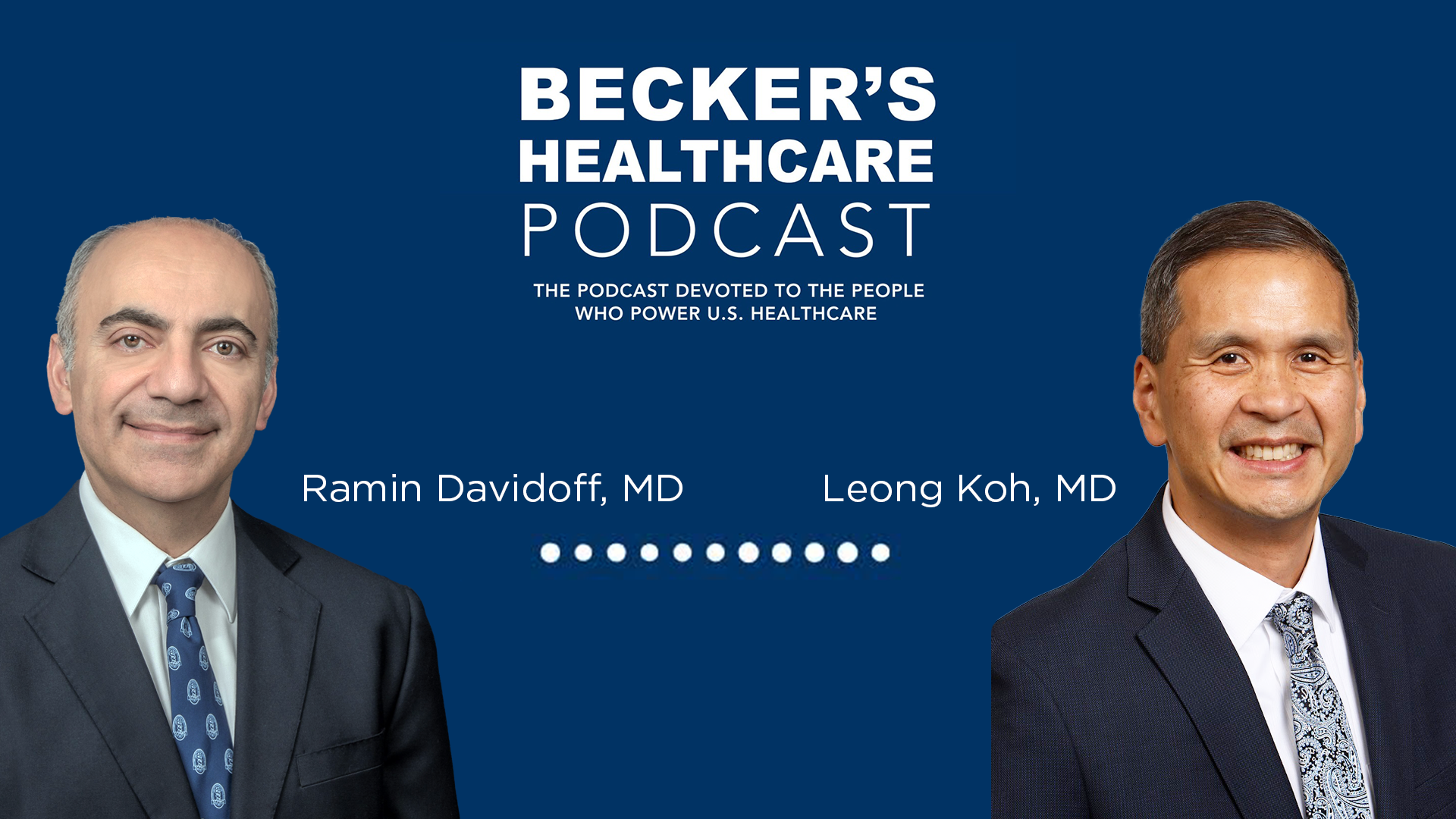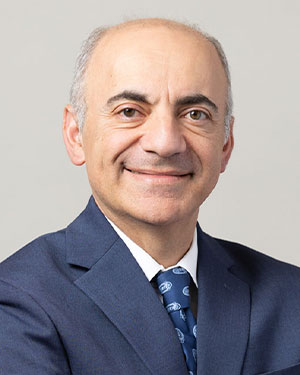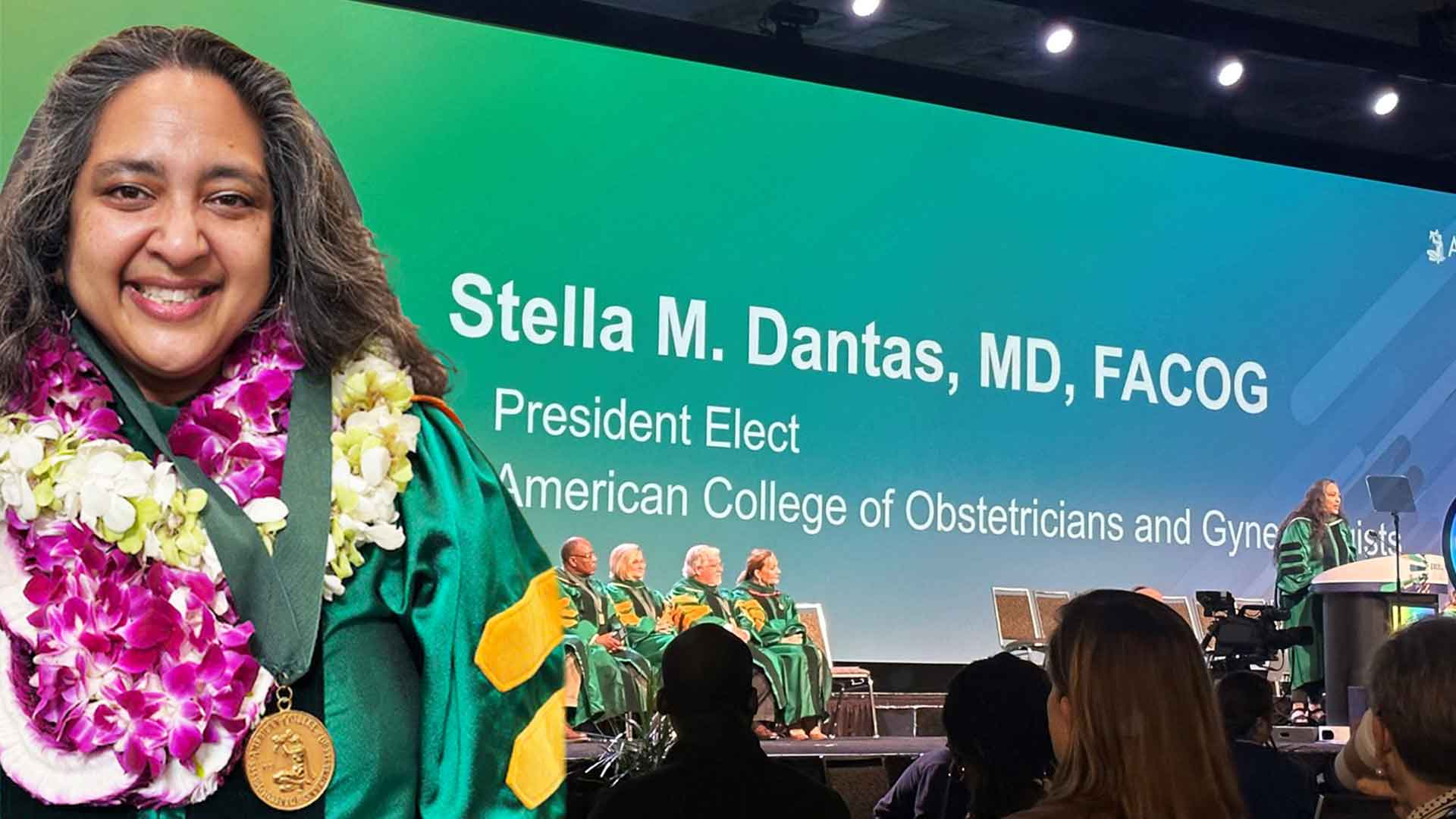Ramin Davidoff, MD, on value-based care and how it benefits older adults.

Podcast: Embracing innovation to enhance care, address burnout
Post-pandemic, providing convenient access to care and bringing back joy in medicine remain top priorities for physician leaders. In recent, separate Becker’s Healthcare podcasts, recorded at Becker’s 14th Annual Meeting in Chicago, Ramin Davidoff, MD, executive medical director and chair of the board for the Southern California Permanente Medical Group, and Leong Koh, MD, president and CEO of Northwest Permanente, discussed ways to address these challenges by embracing innovation, education, and visionary, empathetic leadership.
Shortages of physicians, clinicians, and other health care staff, too many administrative tasks, and a loss of joy felt by people in the health care industry have all contributed to physician burnout, said Dr. Davidoff, who also serves as chair of the board and chief executive officer of The Southeast Permanente Group, chair of the board and CEO of Hawaii Permanente Medical Group, and co-CEO of The Permanente Federation.
Related health care innovation story: Permanente Federation co-CEOs talk health care innovation, quality, and physician leadership
Embracing innovation to address burnout
To bring back joy in medicine, Dr. Davidoff said he is “empowering people to innovate and collaborate across all specialties, [which] is a key aspect of what we do,” referring to the Permanente medical groups. This includes reducing the administrative burden on clinicians using technologies such as ambient listening AI, so physicians “can truly focus on the patient,” Dr. Davidoff added.
Northwest Permanente is also leveraging technology to tackle the dual challenges of patient access and the physician and workforce shortages that compound post-pandemic burnout.
To address these issues, Dr. Koh said, “what we’re trying to do here is ensure that we have our patients do as much at home as possible through the digital front door. We have many video visits, telehealth visits, and also leverage technology to get questionnaires and questions answered [by patients] in the comfort of their own homes.” He added that Northwest Permanente also uses artificial intelligence to triage incoming messages and direct them to the most appropriate team member. The goal is to balance the workload of physicians between administrative tasks and time spent with patients in the exam room.
Supporting education is key to addressing the health care worker shortage
Asked during the podcast what he would implement in Northwest Permanente if money were no object, Dr. Koh responded, “We would love to be able to provide more fellowship and residency positions for our physicians.” He would also like to help ease the financial burden of student loans on physicians and administrative staff, he said, “because in our field, people have to be highly educated.”
Dr. Davidoff also called out the importance of increasing the number of physicians and other health care workers. “We now have [the Kaiser Permanente Bernard J. Tyson School of Medicine], which we’re very proud of,” he said. “We hope that will increase the pipeline of physicians that want to practice our brand of medicine. That is Permanente Medicine, which is physician-led, ethical, evidence-based, team-delivered, and culturally sensitive care, and which many of our physicians truly enjoy providing for the members of our community.”
Related physician leadership story: Physician leaders advocate for medical innovation on Capitol Hill
Effective leaders take the long view, empower others
Both leaders said taking a thoughtful approach is critical for effective physician leadership, especially in the current post-pandemic environment.
Dr. Koh stressed the need for leaders to take a visionary approach.
“It seems like everything in health care is urgent and needs attention right away,” Dr. Koh said. “I really advise our board of directors and our senior leadership team to think about what is happening in the health care landscape three, five, ten years down the line so that they can serve our patients appropriately, not only in the present, but also in the future.”
Keeping a calm demeanor, a level head, and being empathetic and courageous are all critically important attributes of effective leaders, Dr. Davidoff said.
“Leadership is how people experience themselves when they’re around you,” he said. “It’s especially important during times of challenge and crises to empower your people to be their best authentic self…so they can be truly motivated in the health care environment.”
Note: You can listen to or download the Becker’s Hospital Review podcasts here:


